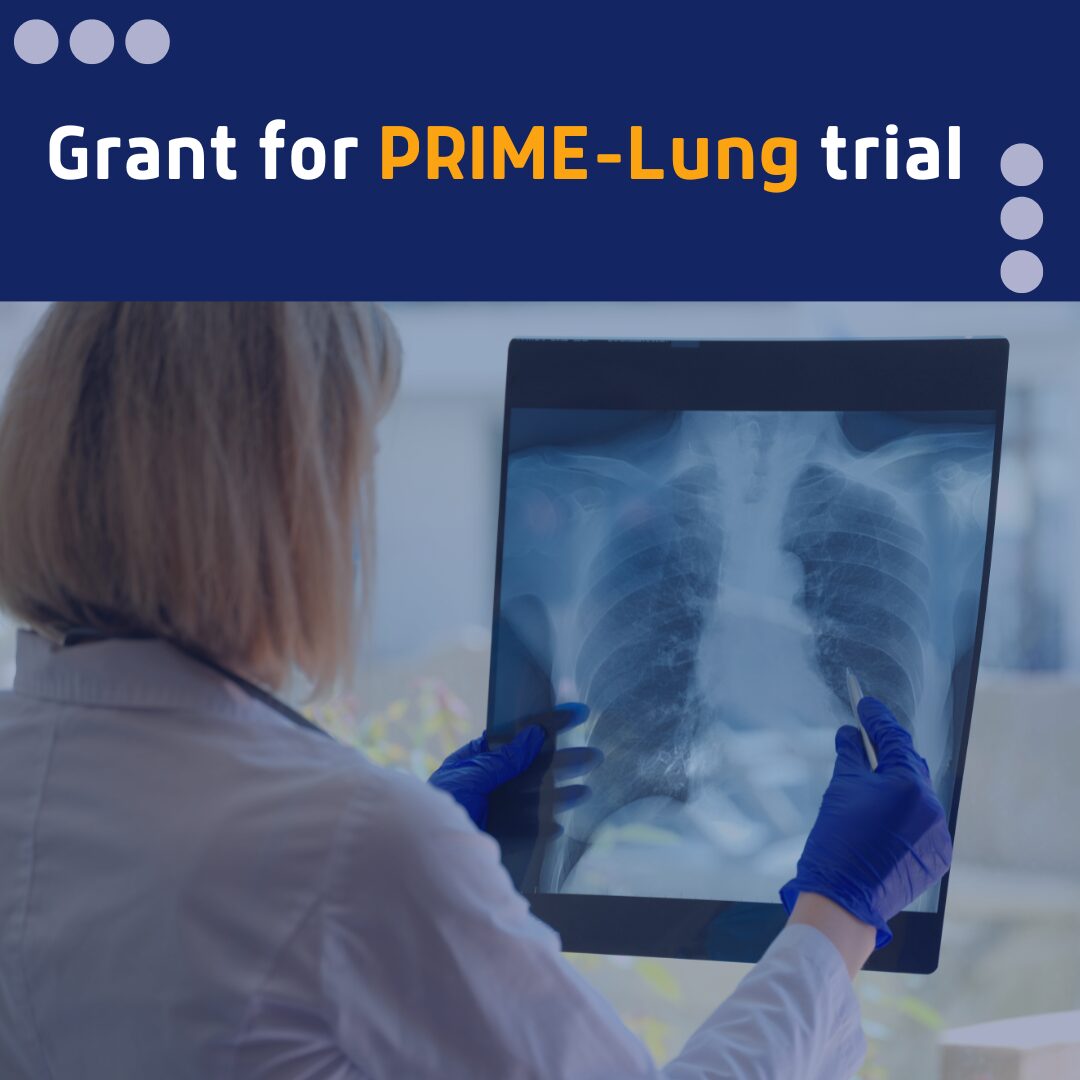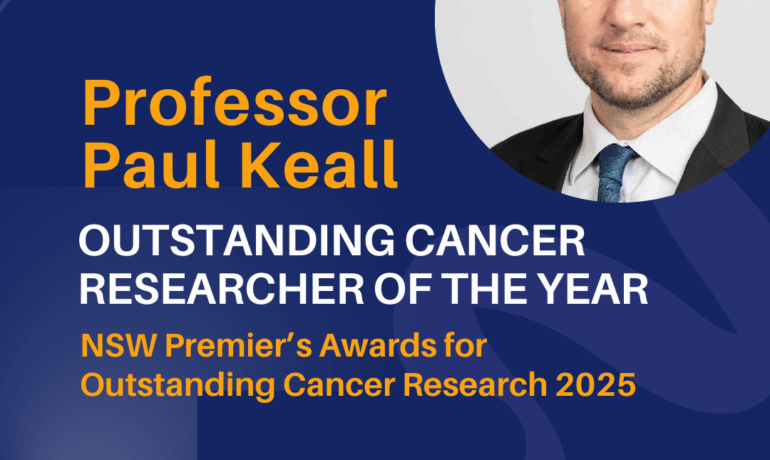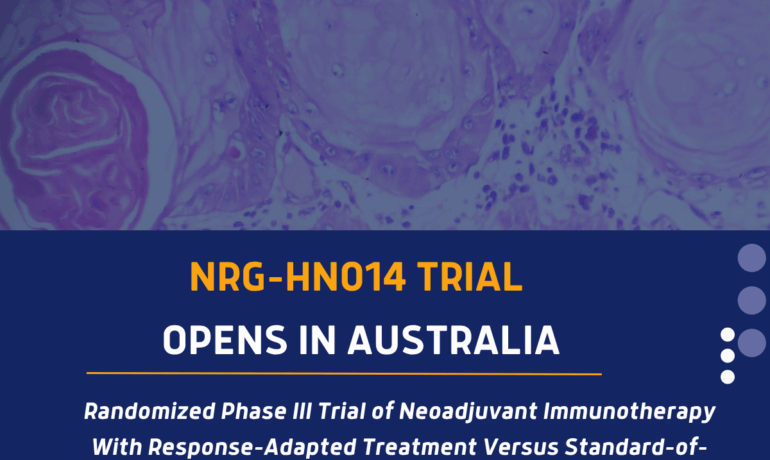LATEST NEWS: 10 JUNE 2025
A trial of a novel radiation therapy approach to treat advanced lung cancer is set to enrol its first participants early next year, after investigators welcomed a $1.5 million Medical Research Future Fund grant.
The Primary Radiotherapy in Metastatic Lung (PRIME-Lung) study – sponsored by TROG – will investigate whether adding radiation therapy to the standard treatment given to patients with advanced non-small-cell lung cancer (NSCLC) can improve overall survival, as well as patients’ quality of life.
Lead researcher Professor Shankar Siva, from Peter MacCallum Cancer Centre (pictured below), said there was an urgent need to improve lung cancer outcomes which were particularly poor once the cancer had spread. Over half of all lung cancer patients are diagnosed with advanced lung cancer, and for them, survival is typically less than two years.

The new phase III registry-based trial will enrol 420 patients with advanced lung cancer from multiple cancer centres globally. Participants will be randomised to receive either standard of care (systematic chemotherapy and immunotherapy) or standard of care plus radiation therapy aimed at eradicating the primary lung cancer and reducing the spread of the cancer.
The trial will be the first to investigate this approach of adding radiation therapy targeting the primary tumour in advanced lung cancer. However, the approach has been shown to improve outcomes in other advanced cancers including prostate, breast and nasopharyngeal cancers.
TROG is collaborating on the trial with the Thoracic Oncology Group of Australasia (TOGA) and AURORA registry database, which will be used to collect and manage the trial data. We are also looking to collaborate with international groups such as Cancer Trials Ireland and the Canadian Pulmonary Radiotherapy Investigators Group a global approach to tackling cancer.
Preparation for the trial is already well underway, and the MRFF Grant will enable the first trial participants to be recruited in the next 12 months. The trial aims to recruit the 420 participants from up to 25 sites within three years.
Prof Siva said radiation therapy was already used in other lung cancer treatment pathways, and the expansion to this area was a simple yet innovative approach to address the unmet needs of patients with advanced NSCLC.
“We believe that when we eradicate the primary tumour with radiotherapy, we also enhance the impact of drug treatments and prevent further spreading of cancer to other sites,” he said.
“Current treatment strategies in advanced lung cancer rely on drug treatments, however, patients inevitably develop resistance to treatment, so we need to explore alternatives.”
Congratulations to Prof Siva and the PRIME-LUNG research team, whose trial holds promise to make a real difference to outcomes for patients with advanced lung cancer.
- Read more about TROG trials
Related Post
TROG Member Prof Paul Keall’s innovative research recognised in two Premier’s Awards
LATEST NEWS; 26 November 2025 Medical physics researcher and
TROG collaboration sees international skin cancer trial open in Australia
LATEST NEWS: 23 October 2025 TROG Cancer Research has




